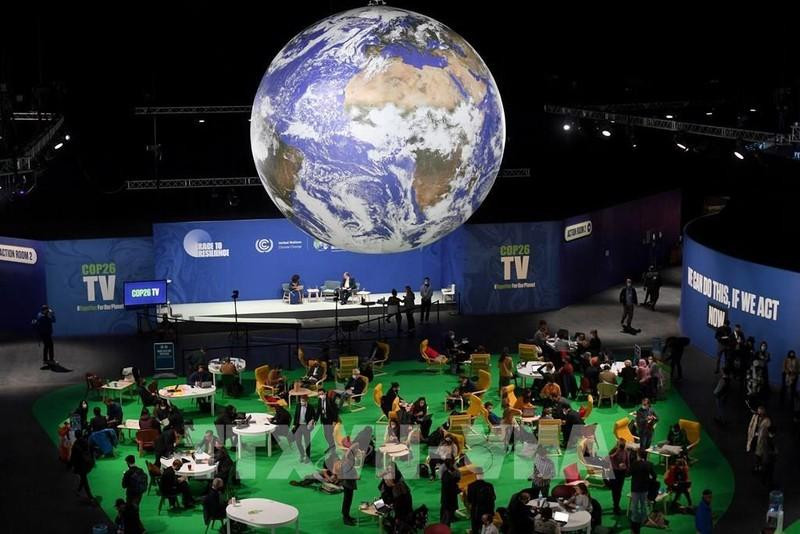A group of investors managing 39 trillion USD has called on governments to raise their climate ambition in the fight against climate change, including making plans to phase out the use of fossil fuels and accelerating the transition to science-based renewable energy. The call comes ahead of the 27th Conference of the Parties to the United Nations Framework Convention on Climate Change (COP27), to be held in the Egyptian city of Sharm El-Sheikh this November.
In the ‘2022 Global Investor Statement to Governments on the Climate Crisis’, investment funds said they are taking action to ensure their ability to generate profits in the long term, as well as to benefit from opportunities related to the transition to a net zero emissions economy. Other requirements of the investors include the expansion of low-carbon energy systems, the implementation of carbon pricing mechanisms that increase over time, and the establishment of new or more ambitious plans to end deforestation. A total of 532 investors signed the above statement.
Earlier, about 200 health organisations and more than 1,400 health professionals, also signed a letter calling on governments to share dialogue and negotiations to reach a binding international treaty on phasing out fossil fuels, which they emphasised as an escalating threat to human health. Health organisations and experts say that phasing out fossil fuels would prevent 3.6 million deaths a year from air pollution alone.
Air pollution, mainly from burning fossil fuels, is thought to be responsible for 7 million deaths each year. Meanwhile, United Nations Secretary-General Antonio Guterres, while visiting flood-affected areas in Pakistan, also called on countries most responsible for the climate crisis to stop investing in fossil fuels and switch to renewable energy to “end the war with nature”.
However, the reality shows that fighting climate change globally is becoming a difficult problem in the context of the renaissance of fossil fuels, especially coal because countries in Europe are facing a serious shortage of gas as winter approaches. Speaking at the Petersberg Climate Dialogue in Berlin, the German Chancellor stressed: No one can be satisfied with the fact that coal-fired power generation is just rising again in Germany.
To prevent gas shortages this winter, Germany has recently made moves to put more coal-fired power plants into operation to replace gas-fired power plants. Although the German Chancellor reassured people that this was a short-term emergency measure that would not harm the country’s climate goals, the move by Europe’s largest economy still raised concerns.
The above situation is posing great challenges to the fight against climate change globally, especially in the context that in mid-June, negotiators attending the United Nations’ mid-year climate conference in the German city of Bonn, failed to make substantial progress in controlling global warming. The developing countries attending the conference expressed disappointment that little progress was made on key issues, especially in establishing a financial base to cope with growing losses due to extreme weather and sea level rise.
Accordingly, the task of solving the problem of climate change will be extremely difficult for the upcoming COP27. Executive Secretary of the United Nations Framework Convention on Climate Change Patricia Espinosa, recently had to call on countries to make major political decisions at COP27, over financing to reduce damages and losses. She said increased funding for adaptation and clean energy is critical to building a more sustainable future.
















